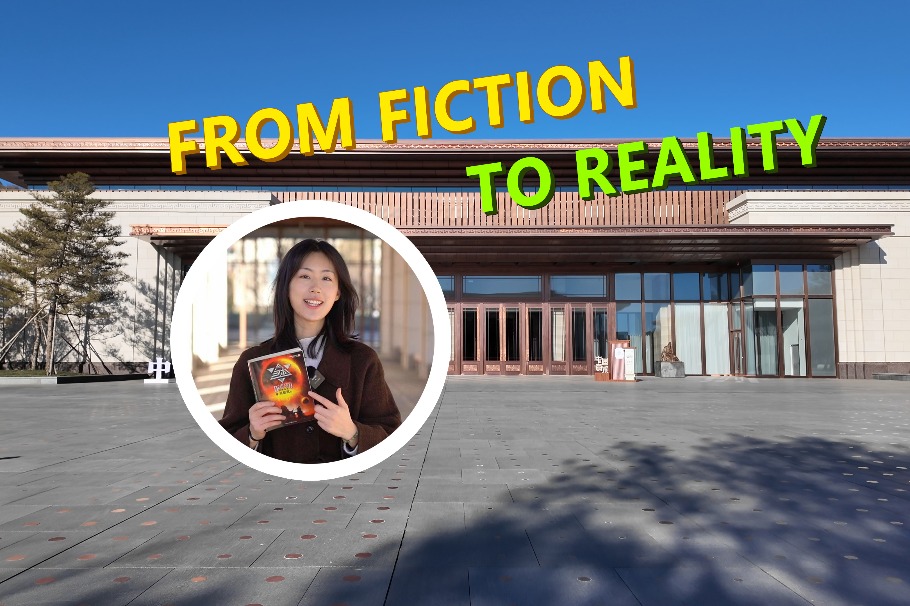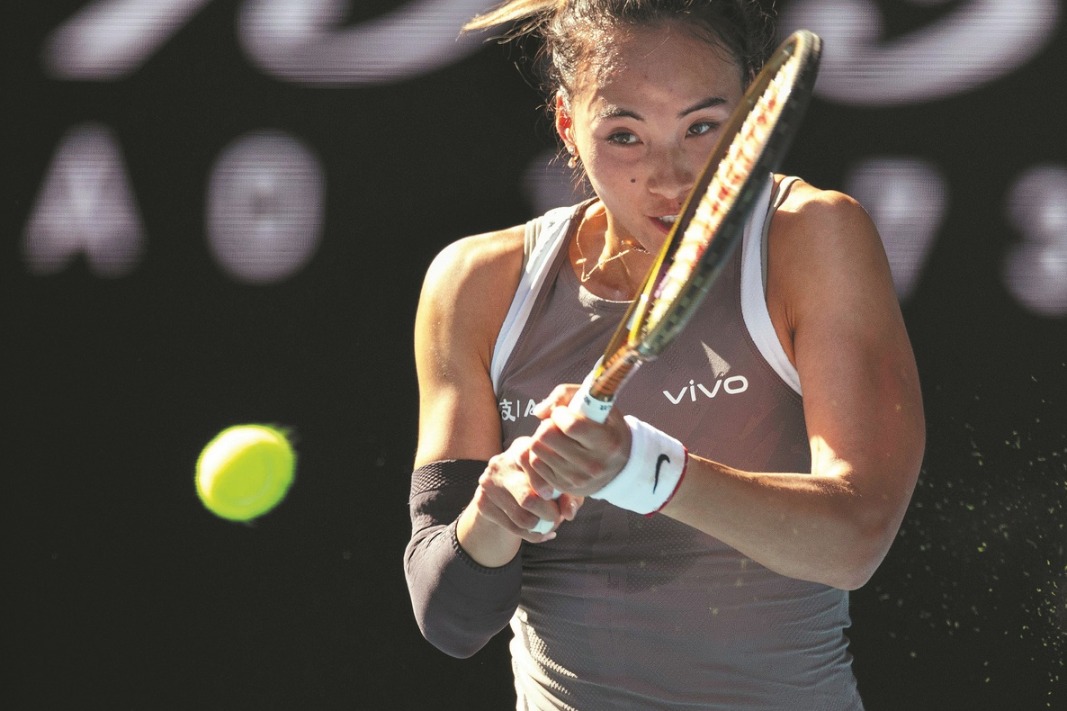In the name of culture
By Zhang Kun in Shanghai | China Daily USA | Updated: 2018-01-26 16:18

The orchestra is also constantly commissioning new pieces from young composers, creating small-scale concert productions and performing for young audiences. Later this year from April 15 to June 3, the orchestra will present a series of eight salon concerts at Sinan Mansions in Shanghai, and each performance will be accompanied by the presentation of traditional Chinese culture and crafts such as tea, incense, poetry and opera. The featured musicians will play their most celebrated repertoire, explain the acoustic characteristic of their instruments, and talk about music history and composition.
Located in the heart of the former French Concession, Sinan Mansions is a cluster of vintage buildings dating back to the early 1900s. Besides being home to a variety of fine dining and lifestyle establishments, there is also a space for art and culture where book readings regularly take place.
Yu Haihong, spokesperson of the Huangpu district administration, expressed hope that the music salons at Sinan Mansions will help to raise awareness of the beauty of Chinese art and culture. These salons will be free to the public and visitors can make online appointments via Sinan Mansions' WeChat platform.
One of the musicians scheduled to perform at these salons is Luo, an award-winning musician who plays the guzheng, a pluck string instrument with 2,000 years of history. Luo started to play the guzheng when she was just 7 years old, and she was so adept at it that she later enrolled in the middle school associated to the Shanghai Conservatory of Music. Despite her talent for the musical instrument, she was actually not too fond of playing it.
"I didn't work hard, and was often distracted. I used to love pop hits, and was for a while fascinated with percussion music," she quipped.
"Playing the guzheng was so boring and exhausting," she said. "There was a traditional piece titled Autumn Moon in the Han Palace that was particularly traumatizing. The music depicted an aging woman's solitude in a closed palace. But I was just a teenager, I could not understand such emotions."
Luo said that it was only after she went to college that she started to feel "enlightened". She soon developed a passion for the performing style of the north, which is more intense than the lyrical style of the south.
One of her earliest compositions is Mo Xi (Dance of the Ink), which was created in 2006. In the piece, she presents the beauty and rhythm of different calligraphy styles.
"For one part it is safe and square, and for the next, it goes a bit tipsy as if the writer is slightly drunk," she said.
"I have always loved calligraphy and have practiced it for decades. Chinese music is similar to calligraphy - it has its own unique aesthetics."
























